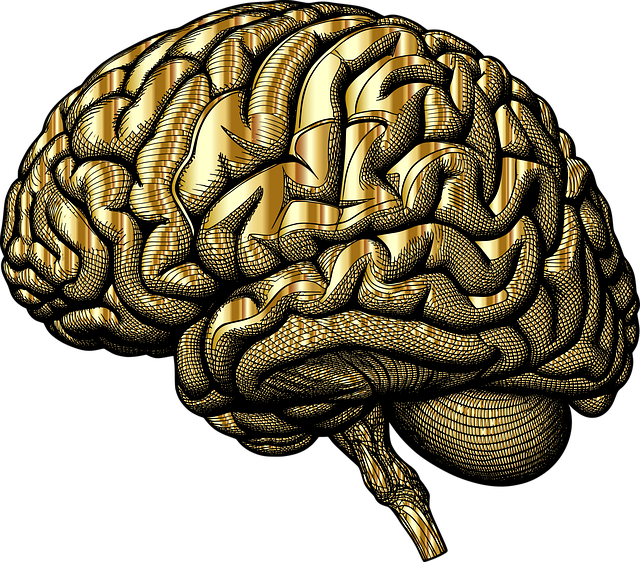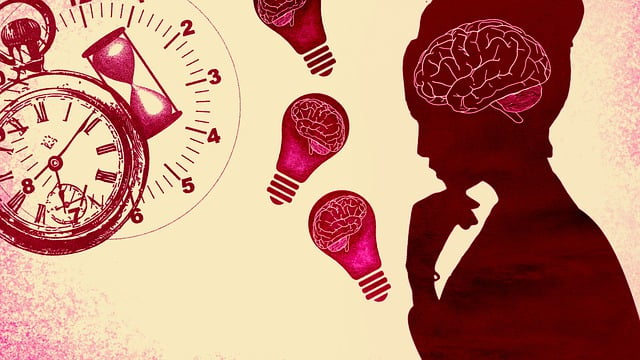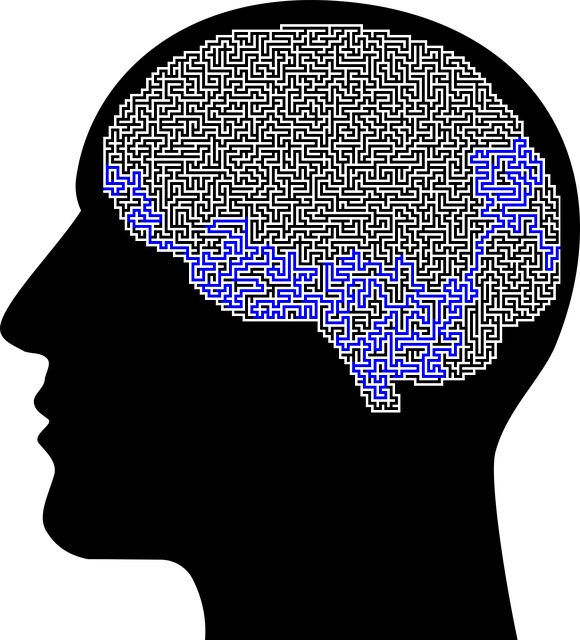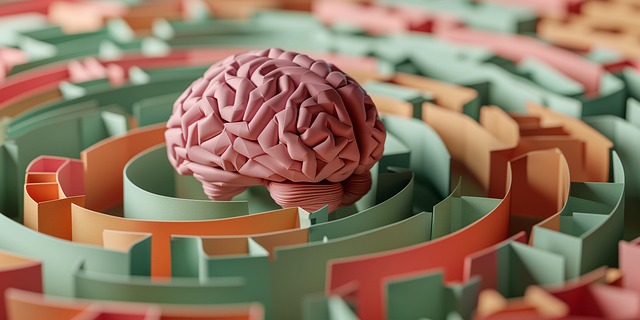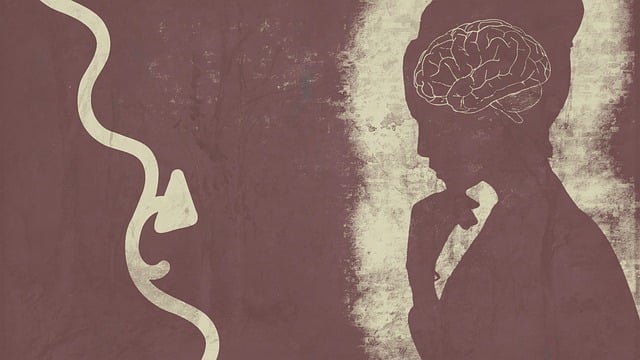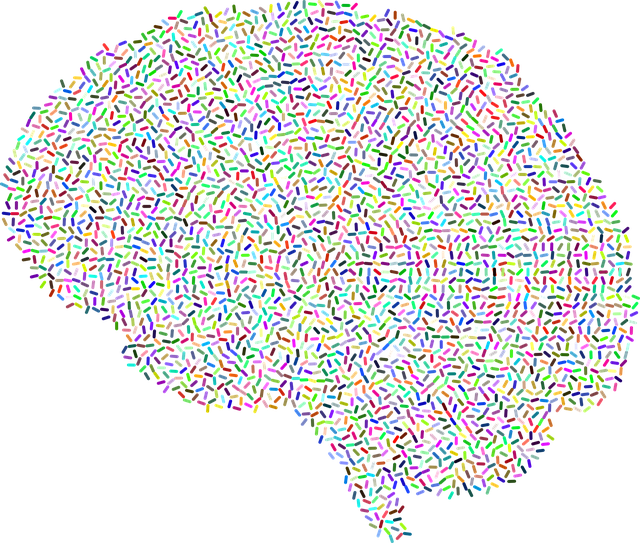Social Skills Training (SST) is a specialized therapy for individuals with Centennial Adjustment Disorder (CAD), addressing social interaction challenges like understanding cues and adapting behavior. SST employs role-playing, mindfulness exercises, and group discussions to enhance communication skills, build relationships, and manage stress. This tailored approach, including crisis intervention and cultural sensitivity, empowers CAD patients to engage more confidently in their communities. By gradually exposing them to social scenarios, therapists teach anxiety management and essential social skills, reducing stigma through public campaigns. Integrating SST into treatment plans provides holistic support, combining communication training with emotional regulation for improved recovery journeys.
Social skills training is a powerful tool in supporting individuals with mental health conditions, particularly those affected by Centennial Adjustment Disorder (CAD). This article explores the benefits and strategies of social skills therapy, focusing on its role in enhancing interpersonal interactions. We delve into how structured training can improve communication, emotional regulation, and social understanding, ultimately fostering better relationships. Understanding CAD’s impact on social functions is crucial, followed by practical approaches to integrate social skills training into effective treatment plans.
- Understanding Social Skills Training
- The Role of Centennial Adjustment Disorder in Social Interactions
- Benefits of Social Skills Training for Mental Health
- Common Challenges and Strategies in Social Skills Therapy
- Integrating Social Skills Training into Treatment Plans
Understanding Social Skills Training

Social Skills Training (SST) is a therapeutic approach designed to help individuals with mental health conditions navigate and improve their interactions with others. It focuses on teaching practical strategies to enhance communication, build relationships, and manage social situations effectively. For those struggling with conditions like Centennial Adjustment Disorder (CAD), SST can be transformative. CAD often presents challenges in understanding social cues, maintaining friendships, and adapting to changes, making SST a valuable tool in therapy.
This training goes beyond basic conversation skills; it involves learning to interpret non-verbal cues, managing emotions during group interactions, and developing empathy. Through role-playing, group discussions, and mindfulness exercises like Mindfulness Meditation, participants gain insights into their behaviors and those of others. Such practices promote self-awareness, a crucial aspect of Mental Health Awareness, and foster the development of Stress Reduction Methods tailored to each individual’s unique needs.
The Role of Centennial Adjustment Disorder in Social Interactions

Centennial Adjustment Disorder (CAD) significantly impacts social interactions, often presenting as challenges in understanding and responding to social cues. Individuals with CAD may struggle with initiating or maintaining conversations, interpreting non-verbal communication, and adapting their behavior to different social settings. This disorder, which is gaining more recognition in mental health circles, requires tailored therapy approaches for effective management.
Therapy for CAD often involves a combination of strategies such as crisis intervention guidance to navigate intense emotional moments and depression prevention techniques to build resilience. Mental wellness podcast series production has also emerged as a valuable tool, offering accessible platforms to discuss experiences, share coping mechanisms, and foster support networks. These interventions contribute to the holistic development of social skills, enabling individuals with CAD to engage more confidently in their communities.
Benefits of Social Skills Training for Mental Health

Social Skills Training offers a multitude of benefits for individuals managing mental health conditions, such as Centennial Adjustment Disorder. By focusing on enhancing communication and interaction abilities, this form of therapy empowers people to navigate social situations with greater confidence. It helps them build resilience against isolation and stigma, fostering better relationships and improved overall well-being.
This training goes beyond mere conversation; it includes learning effective listening skills, nonverbal communication cues, and conflict resolution techniques, all essential for healthy interactions. Moreover, addressing social anxieties and promoting cultural sensitivity in mental healthcare practice ensures that individuals from diverse backgrounds receive tailored support. Effective social skills training also acts as a powerful tool for stress management, enabling participants to better cope with challenging situations and promote a sense of belonging and community.
Common Challenges and Strategies in Social Skills Therapy

Social Skills Therapy often faces unique challenges when addressing mental health conditions like Centennial Adjustment Disorder (CAD). One significant hurdle is helping individuals overcome their fear or avoidance of social interactions, a common symptom of CAD. These clients may have developed coping mechanisms that isolate them from social environments, making it crucial for therapists to create safe yet structured settings where gradual exposure can occur. Through this process, they learn to manage anxiety and practice essential social skills.
Strategies employed in such therapy include role-playing exercises tailored to specific social scenarios, providing clear instructions and positive reinforcement. Encouraging self-care practices and teaching relaxation techniques aid in managing symptoms of anxiety. Additionally, educating clients about CAD and related conditions through public awareness campaigns can foster understanding, reduce stigma, and empower individuals to actively participate in their recovery journey.
Integrating Social Skills Training into Treatment Plans

Integrating Social Skills Training into treatment plans is a holistic approach that recognizes the interconnectedness of mental health and social functioning. For individuals struggling with conditions like Centennial Adjustment Disorder, these training programs offer targeted support to navigate interpersonal interactions more effectively. By incorporating strategies focused on communication, emotional regulation, and relationship building, therapists can empower clients to manage social challenges that often contribute to their overall distress.
This integration goes beyond traditional therapy sessions, emphasizing practical applications in real-world settings. Crisis intervention guidance and empathy building strategies within these training programs equip individuals with the tools needed to handle social situations confidently. A comprehensive risk assessment for mental health professionals guides tailoring these interventions to meet each client’s unique needs, ensuring a personalized approach that enhances their recovery journey.
Social skills training, as a component of holistic mental health treatment plans, offers significant benefits for individuals dealing with conditions like Centennial Adjustment Disorder. By integrating these strategies, therapists can help clients improve their social interactions, build stronger relationships, and enhance overall well-being. Overcoming challenges through tailored interventions ensures that each individual receives the support needed to navigate social environments more confidently. This approach is a powerful tool in promoting recovery and improving quality of life for those facing mental health disparities.
